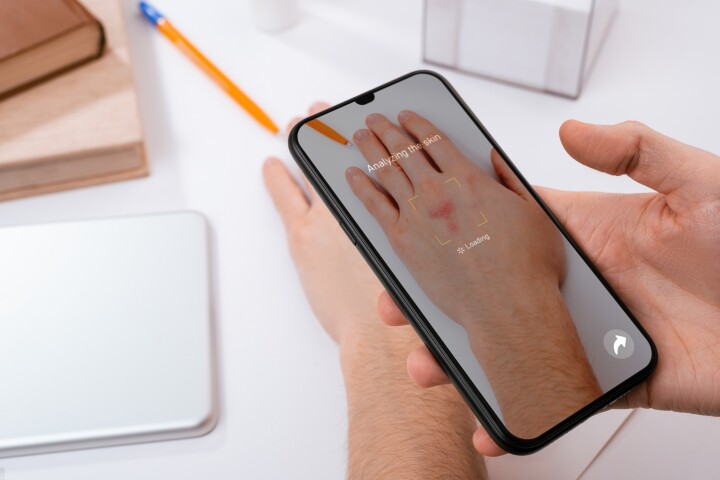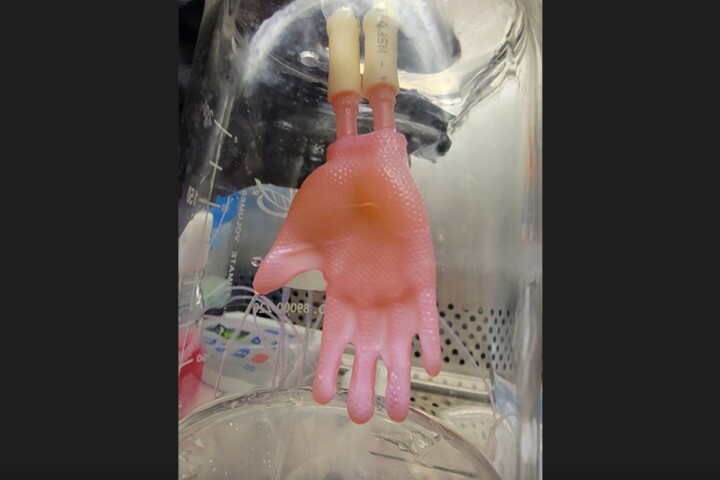Skin
-
While it's important for dermatologists to know how itchy a person's skin is, patients' self-assessments are quite subjective. A new wearable sensor could help, by objectively measuring the frequency and intensity of its user's scratching sessions.
-
Researchers have analyzed available topical and systemic treatments for eczema and identified the ones that are most effective, presenting a full range of treatment options for this common chronic skin condition.
-
For the estimated 800 million people worldwide with acne, a successful new treatment would have a profound impact on quality of life. Scientists hope their new treatment method, using a drug that's unique in human medicine, will be the 'magic bullet.'
-
A novel microneedle patch may bring new hope to people who struggle to keep their acne under control. Instead of utilizing antibiotics, the device releases nanoparticles that kill acne-causing bacteria when triggered by exposure to ultrasound.
-
Got a rash or spot to check out? Take a photo! Google Lens can now save you from wading through hundreds of images of skin conditions, letting you search for your own much more easily and delivering results for diagnosis and recommended treatment.
-
MIT scientists have developed a new wearable patch that can deliver drugs through the skin more efficiently and painlessly. The device uses pulses of ultrasound to pry open the skin, which could improve topical medications or even tattoos.
-
The squid’s color-changing abilities have fascinated scientists for decades. Now, researchers have created a new squid-inspired artificial skin that can withstand extreme cold and kill microbes, opening the door to a range of potential uses.
-
For studies on insect-borne diseases, many a human has sacrificed an arm in a tank full of mosquitos. Now, a new artificial skin filled with real blood might spare humans the itchy bites, while providing a greater insight into mosquito behavior.
-
Although there are things we can do to reduce stress, most involve stopping what we're doing – which isn't always possible. A new study, however, suggests that the automated brushing of hairy skin is an effective form of passive stress reduction.
-
While bioengineered skin holds promise for people such as burn victims, the material has so far only been produced in flat sheets. Now, scientists have devised a method of growing it in 3D forms, which could be slipped onto the body like clothing.
-
A clinical trial is underway testing a new kind of eczema drug developed to silence certain genes that play a role in skin inflammation. The results of a preclinical study demonstrated the experimental topical treatment reduces symptoms of dermatitis in mice.
-
Unlike normal skin, scar tissue doesn't contain any hair follicles. New research now indicates that when such follicles are transplanted into scar tissue, that tissue changes to become much more like uninjured skin.
Load More











